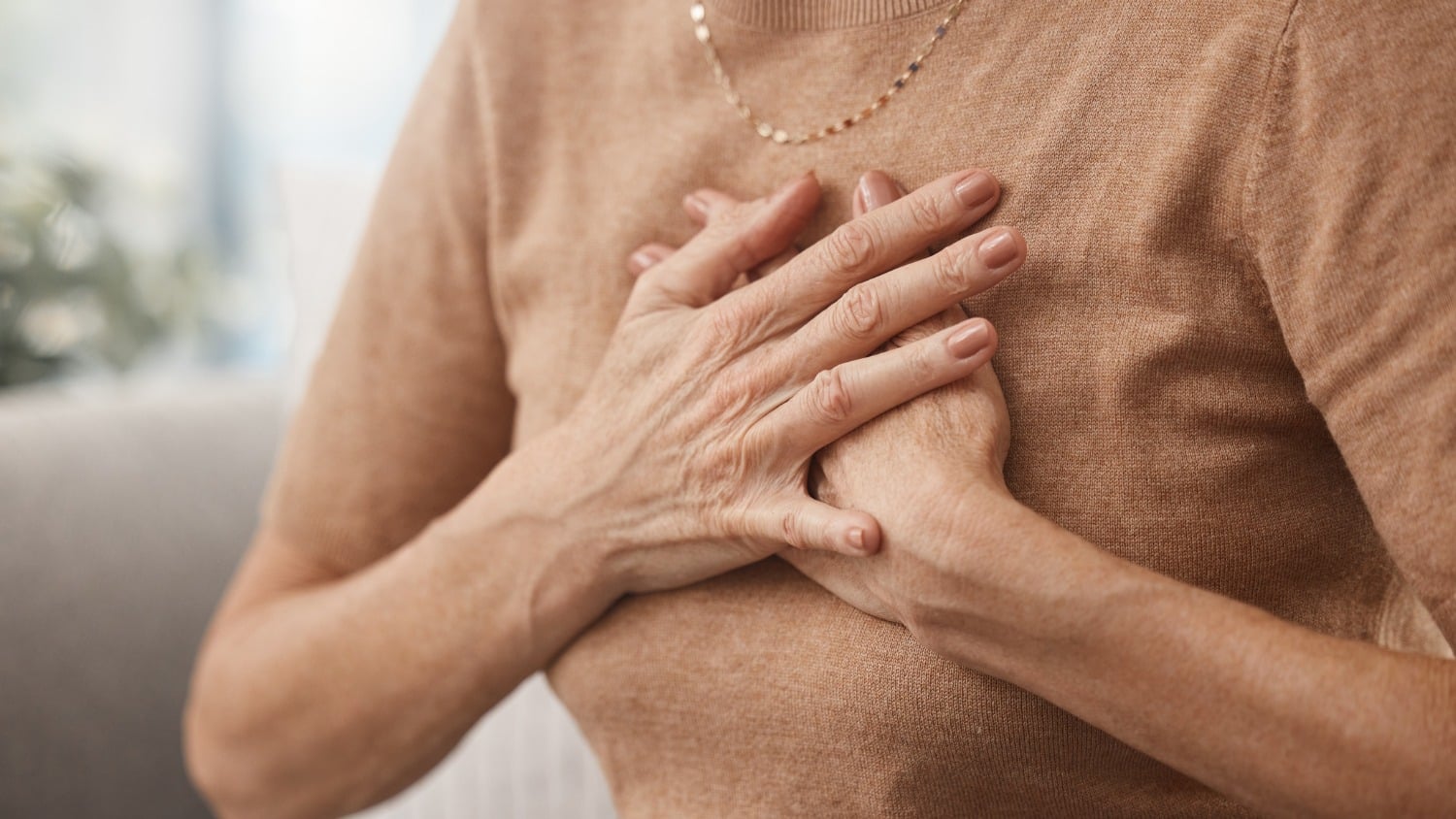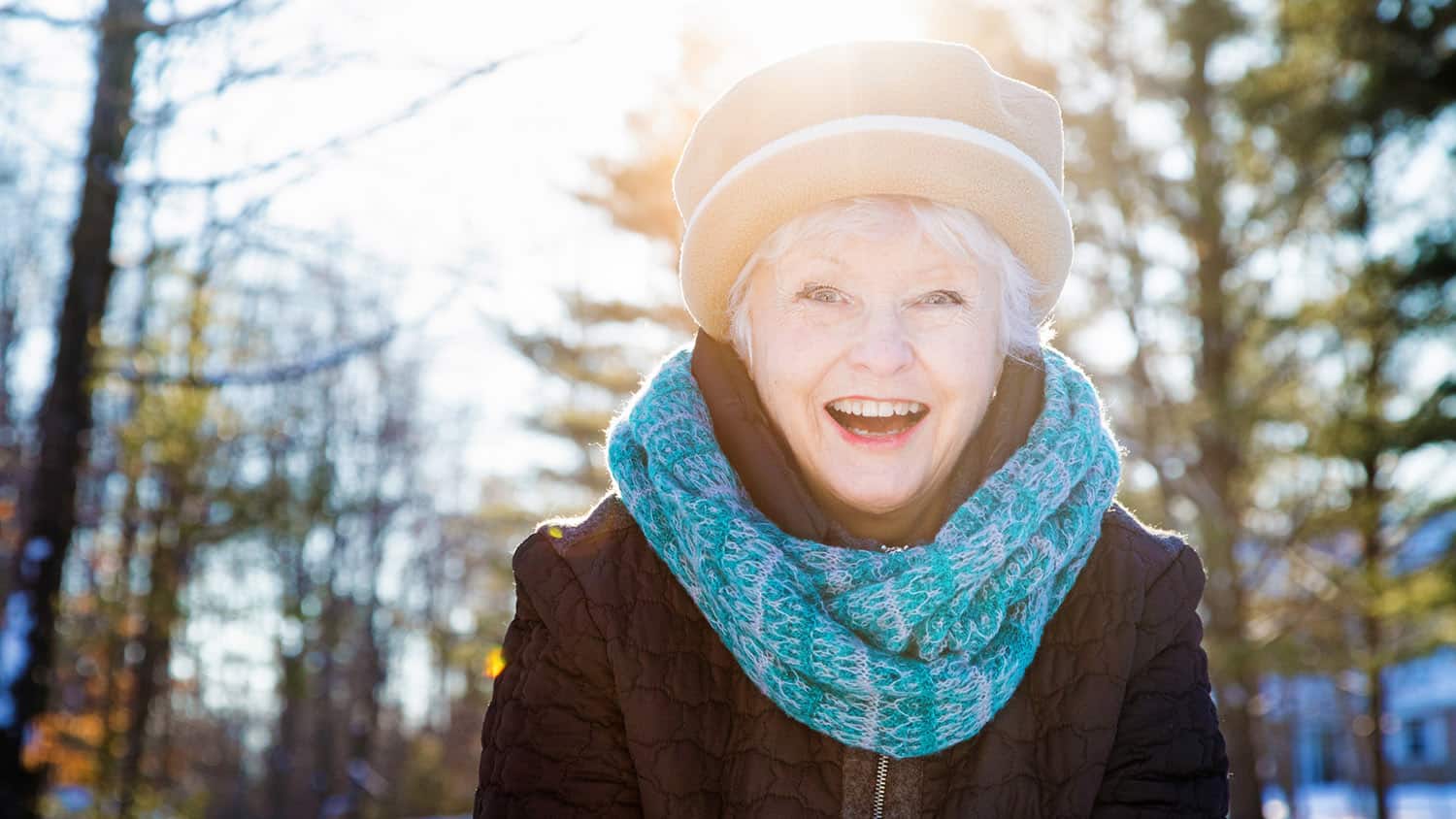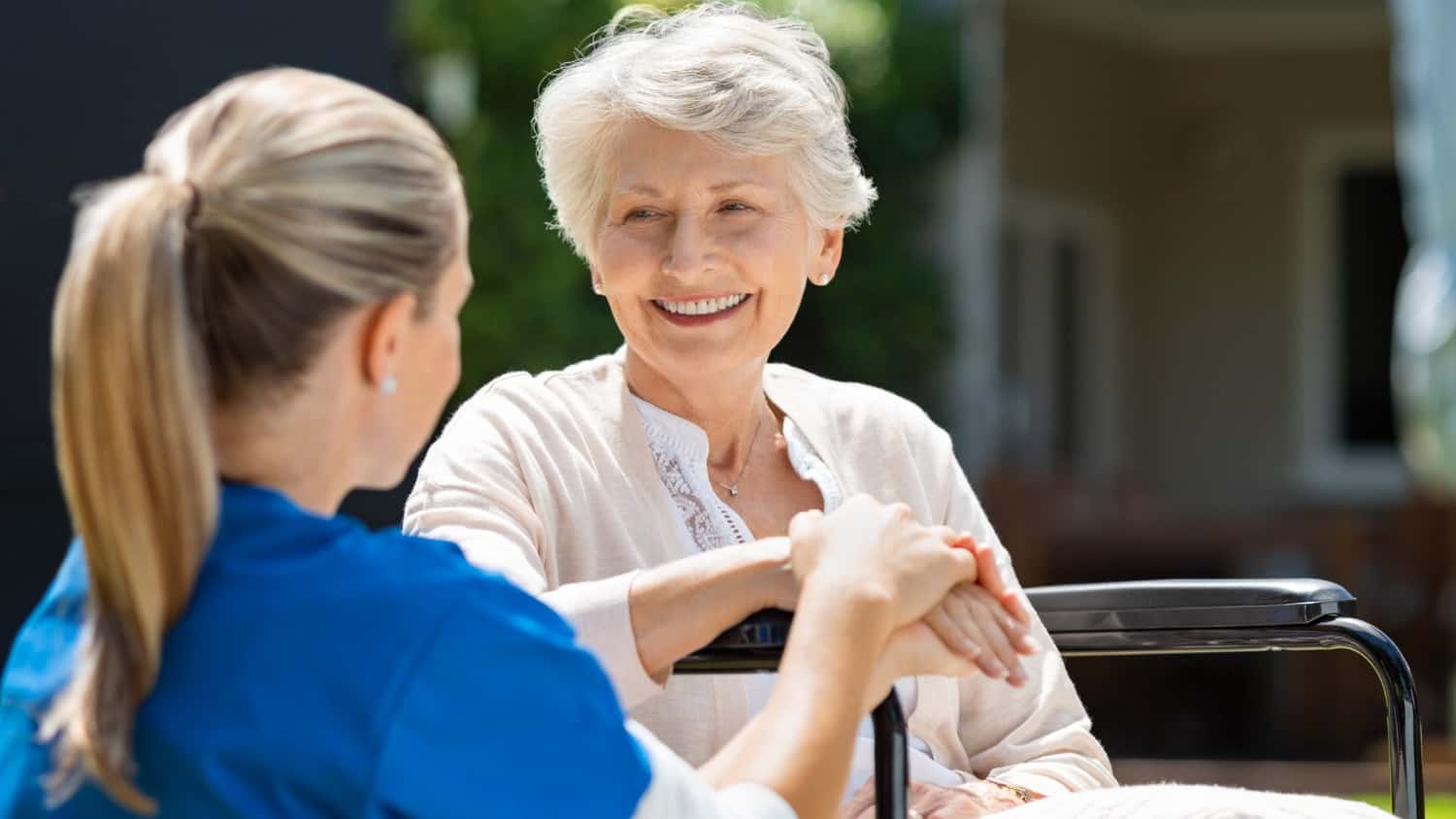
Do You Receive Reminders of Your Mortality?
It was an ordinary Thursday evening just after 7 p.m. And, as on every Thursday evening at that time, my choir was warming up for its two-hour rehearsal to come. All eyes were on the conductor, including mine.
But one of the tenors was very slightly late and was just coming into the room. A couple of people later said that he looked very ashen. He stumbled before reaching the seat he was heading for and crashed onto the floor. There was a clattering from the missed chair.
The conductor stopped. The room became very quiet. That is when I realised something was wrong.
And it was – very, very wrong. It was a heart attack for all to see.
CPR
My choir has singers from all walks of life, and – perhaps surprisingly – it has four doctors who sing regularly. Two are eye specialists and two are general practitioners, so none have real expertise in heart conditions, but at least they are doctors.
Not one of these was there that evening.
But fortunately, one of our newer members turned out to be a young nurse who specialises in coronary intensive care. She immediately took over. She asked whether anyone had experience of helping with CPR or would be willing to help – and two people volunteered, including one woman I later learned had been a nurse in earlier years.
An ambulance was, of course, called.
We were asked to clear the room. Some choir members simply went home. Many of us decamped into a second room nearby, where we sometimes rehearse, and waited to see what would happen.
The ambulance arrived quickly, we were later told. The paramedics, together with the nurse and her helpers, carried out CPR on the tenor for some time – close to an hour. I learned later that there was a substantial period when he wasn’t breathing. I hadn’t known that was possible.
Singing
After a brief period, our choir conductor came into the spare room and said that he didn’t really know what was the right thing to do, but if we wanted to sing, he would conduct us. Several choir members indicated that they would like to sing, so we began to rehearse as normally as we could.
I wondered if the tenor with the evident heart attack could hear anything, would he be helped or hindered by the stunningly beautiful sounds of Verdi’s Requiem, which we were rehearsing.
At some point, the young nurse who had initially taken charge popped into our room to give us an update. “We found a pulse,” she said. Clearly good news. The patient had been taken by the ambulance to a local hospital.
“But,” she added, “if you don’t mind, I would like to go home.”
Yes, I thought. You have just saved someone’s life and must be full of adrenalin, not to mention complex thoughts. Of course, you don’t feel like sitting in choir practice. Of course, go home and have a lovely glass of wine. Or probably something stronger.
The Aftermath
Our choir has regular communications by email and during the next few days, there was a fulsome thank-you from the tenor himself, adding how he might not be able to get to the rehearsals immediately, but he still hoped to sing in the concert.
And another from his wife with enormous gratitude for the work of the key choir members in saving her husband.
And then, exactly one week later, Thursday morning, the day of our next choir practice, came a sadder note that the tenor had experienced another heart attack while still in hospital and had died. His wife was especially grateful for the extra week we had given her and her family.
It was a sombre choir practice that evening.
Reminders of Mortality
It is strange that although many people are dying every day, we rarely find ourselves so literally close to it. It does make you think.
Where will you be when your time comes? Will someone be around who knows what to do? Will you see your family in time? Will you be able to say all the important good-byes?
What if it is your husband or partner – or, indeed, child? Will those things happen for you?
Even though I am over the age of 80, I am more aware of infirmities and illness than of death among friends and family. Yet seeing loved ones die is part of life as we grow older. This occasion was a big reminder.
And I can add a note that, a week or so later, some members of the choir sang at the tenor’s funeral.
Let’s Have a Conversation:
Have you witnessed a heart attack? What did it make you feel? Do you know how to do CPR or feel you should learn? Do you ever think about your own death and where it might happen?
Tags Medical Conditions







My husband had a heart attack two years ago. He was ‘lucky’ because he’d only gotten off his motorcycle a little while earlier, and because I was home. First he said he “felt funny”, a descriptor he uses for many things that is, ironically, very non-descriptive. He’d apparently been feeling a bit off for a bit before he mentioned it to me. He sat on the couch then got very hot suddenly and took off his shirt. At that point we were wondering if it could be a heart attack and if we should call 911. We decided to call our on-call doc first. While on hold for them he weirdly decided to go upstairs and put on a nicer shirt because, he explained later, in case he died he wanted to look nice. (!) Just shows the crazy thoughts we can have in a crisis I guess.
When the ambulance came they had a difficult time getting his blood pressure because it was so low – he was laying on the floor by then – and getting a needle into his arm for the same reason. But he stayed conscious the whole time so I wasn’t as freaked out as I was the following month, when he suddenly passed out due to his BP getting too low from the medications they put him on.
I’ve taken cpr every other year for the last decade as a teacher, but that all went out the window. Well, for the heart attack I remembered the baby aspirin, but when he passed out I had no clue, and my hands were shaking so bad I had trouble calling 911.
I often worry about if something happens to me will I get good care? Will anyone around care enough? Will I suffer much? Will I be strong in my suffering?
My dad was killed in a car accident Nov 30 1967. I was 9 and my mother was a 47 year young widow of four daughters. As tragic as this was it taught me to give thanks for every breath taking nothing for granted. I’m so sad for the loss of this choir friend for the author. Thank you for sharing.
CPR is a valuable skill to learn and yes it can save or prolong life. However the effectiveness of it when done on those who are past 75 and have pre-existing chronic health issues is far less and fraught with other issues. The real tap on the shoulder here should be prompting conversations with your loved ones about what extraordinary measures should be employed to extend your life when that does not mean a cure or make one better or like they were 20 years ago and in fact, likely leads to more infirmity and debility. Just another perspective from a nurse with 45 years of bedside service.
Exactly. A heart attack at an advanced age is an opportunity to exit life quickly and gracefully. If you want to see what a mess attempts to keep people going can cause, despite advanced age and disability, read Atul Gawande’s book Being Mortal.
This is the sad reality, that death will come sooner or later. And there’s another kind of loss. My best friend of 20 years no longer recognizes me due to his Alzheimer’s. He is still here, yet the man we knew is gone.
I definitely want to learn CPR! This was a sobering story. My first husband died of a heart attack while at work and died, age 51. Later, one of my lawyers died of a heart attack after coming home from the gym. He told his wife he had chest pains. She encouraged him to call 911 or for her to drive him to the ER. He insisted that he needed to shower and change. He died in the car on the way to the ER.